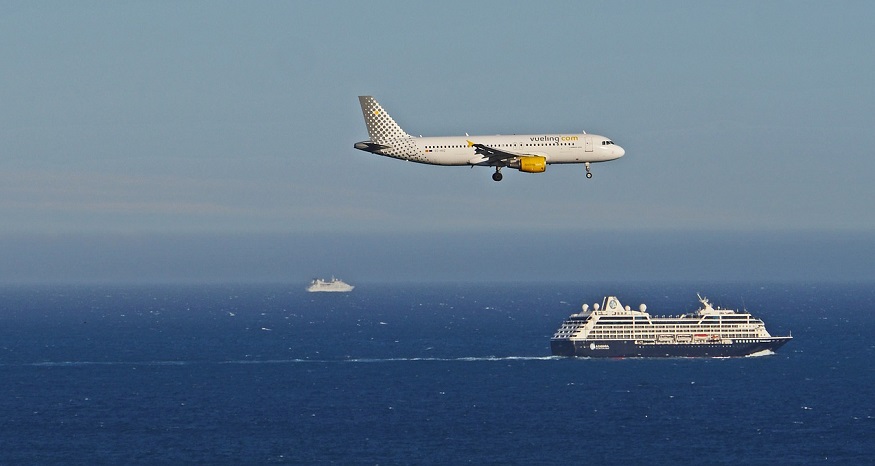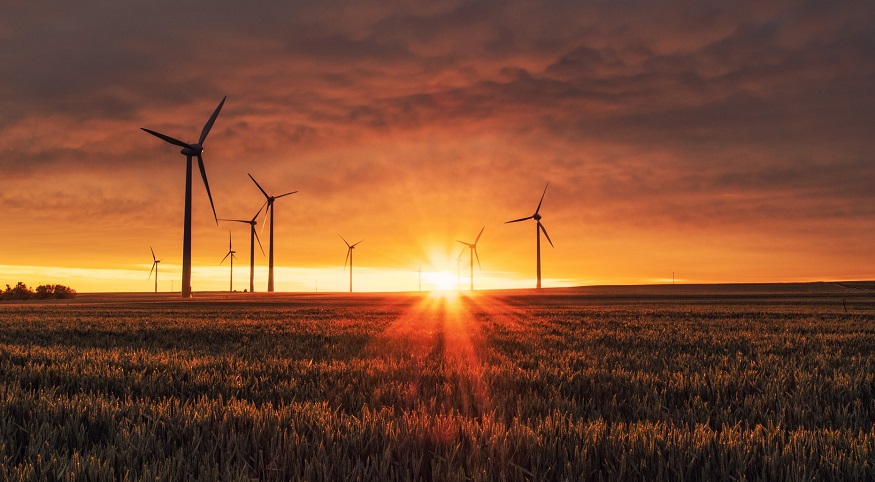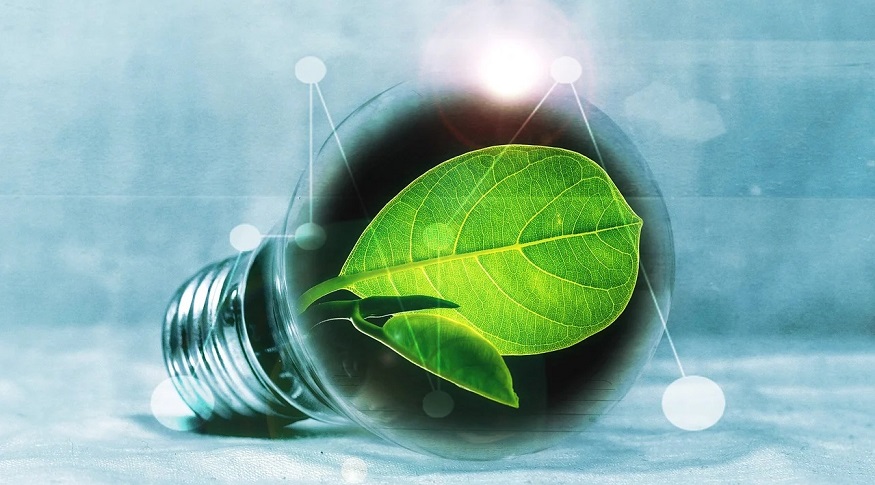
Danish firms, including Orsted and Maersk, to produce sustainable fuels
June 1, 2020A massive partnership will build a large facility for providing alternative transportation fuels.
A number of large Danish companies, including Moller-Maersk and Orsted, have entered into a partnership with a primary goal to produce sustainable fuels for land, maritime and air transportation.
Other members of the partnership include DSV Panalpina, DFDS, Copenhagen Airports, and SAS.
The partnership will produce sustainable fuels for various forms of transportation in and around the Copenhagen area. This was first announced last week, when the companies said that the production site would focus on hydrogen and e-fuel.
The facility is slated to be up and operational by 2023. Moreover, the partnership plans to have the production facility working at full capacity and fully scaled-up by 2030. At that time, it will have a 250,000 metric tonne annual fuel generation capacity.
The partnership will be producing green hydrogen through an electrolyser powered by offshore wind installations. The electrolyser’s size will be 10 megawatts to start, but it will be expanded to 1.3 gigawatts by the time the facility’s final phase is complete.
Hydrogen has become a growing focus among countries looking to produce sustainable fuels.
The Danish hydrogen fuel and e-fuel project will provide H2 to DSV Panalpina managed public buses and trucks. It will also provide Moeller-Maersk with renewable methanol for its ships. Moreover, SAS planes and other Copenhagen Airport air transportation will be able to receive its e-kerosene.
Orsted released a statement about the partnership, saying that the company would “now move forward and engage in dialogue with the regulatory authorities on the framework and policies needed to support the development of using sustainable fuels at scale in the transport sector in Denmark, and to seek public co-funding to conduct a full feasibility study of the project.”
A feasibility study has been launched for this project. If the facility’s viability is confirmed, the final investment decision to produce sustainable fuels in the first stage of the project  should occur in 2021. This is a large example of a number of smaller scale moves taking place around the world for the production of green hydrogen fuel.
should occur in 2021. This is a large example of a number of smaller scale moves taking place around the world for the production of green hydrogen fuel.



 HFN News is your leading source for fresh hydrogen and renewable energy updates. Amid the fast-paced growth of hydrogen companies, we provide top-notch news and insights about this exciting sector. Our coverage spans from hydrogen cars to global sustainable initiatives, and we highlight the latest in green jobs and developing hydrogen hubs. We invite you to share your local hydrogen news and explore today’s renewable energy job listings on our site. Thanks for choosing HFN News as your trusted guide to the hydrogen and renewable energy world!
HFN News is your leading source for fresh hydrogen and renewable energy updates. Amid the fast-paced growth of hydrogen companies, we provide top-notch news and insights about this exciting sector. Our coverage spans from hydrogen cars to global sustainable initiatives, and we highlight the latest in green jobs and developing hydrogen hubs. We invite you to share your local hydrogen news and explore today’s renewable energy job listings on our site. Thanks for choosing HFN News as your trusted guide to the hydrogen and renewable energy world!
